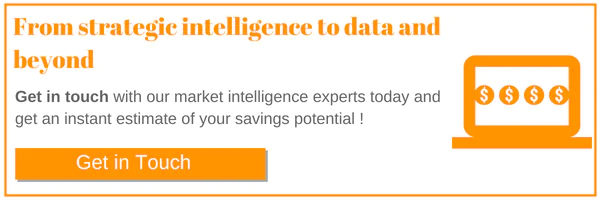Blockchain technology is no longer associated with only bitcoins and cryptocurrencies. The applications of blockchain now extend to various other industries who have recognized the potential of this technology. Blockchain technology – the brainchild of an unknown person who goes by the pseudonym Satoshi Nakamoto – is indeed an ingenious invention. This network-to-network chain not only guards business dealings and prevents theft or loss of data, but also quickens the processes, simplifies the company’s affairs, reduces errors, and saves organizations from hiring a third party. Here are six real-world applications of the block chain that you might not have known:
Applications of blockchain
Supply chain monitoring
With the ever-increasing demand for quick and on-time delivery, supply chain efficiency has come into the limelight in most companies. This is one of the main reasons why forward-thinking companies are looking at the applications of blockchain technology in making their supply chain operations more efficient. By using blockchain technology and removing paper-based trails, businesses can easily pinpoint inefficiencies within their supply chains, and also locate items in real time.
Food safety
Blockchain technology and food safety sounds quite out of place, right? But interestingly, the applications of blockchain in food safety has proved to be successful. This technology helps in tracing the origin of foods all the way to your plate. Blockchain data is immutable which makes it possible to track the journey of food products. Also, in the case of a food-borne illness, blockchain technology makes it easier to identify the source of the contaminant.
Electronic health records
Data in most healthcare companies are stored electronically today. Blockchain technology adds to the safety and convenience of medical record-keeping. The application of blockchain in healthcare companies not only facilitates storing patient records but also ensures that the access to these digital records is restricted to the authorities. This means higher safety and security of patient records.
Customer loyalty and rewards
The application of blockchain in retail companies can step-up the process of customer loyalty and reward programs. Blockchain technology can be used to create a token-based system that rewards consumers and stores these tokens within a blockchain. This would incentivize consumers to return to a certain store or chain to do their shopping. Moreover, it eliminates the fraud and waste commonly associated with paper- and card-based loyalty programs.
Digital voting
Digital voting through blockchain technology helps eliminate the problems of fraud and impersonation. In this system, the regulators would be able to see if something was changed on the network. The ease of digital voting is combined with blockchain’s immutability to make individual votes truly count.
Weapons tracking
The illegal use of arms and ammunition is one of the major concerns at the moment, making gun control or weapon accountability highly essential. The application of blockchain technology in this scenario can help create a transparent and unchanging registry network that allows law enforcement and the federal government to track gun or weapon ownership, as well as keep a record of weapons sold privately.
To know more about the applications of blockchain technology in various industries and their pros and cons



